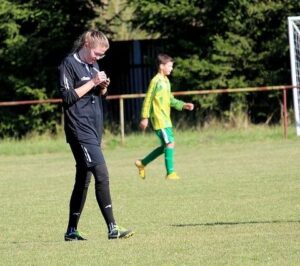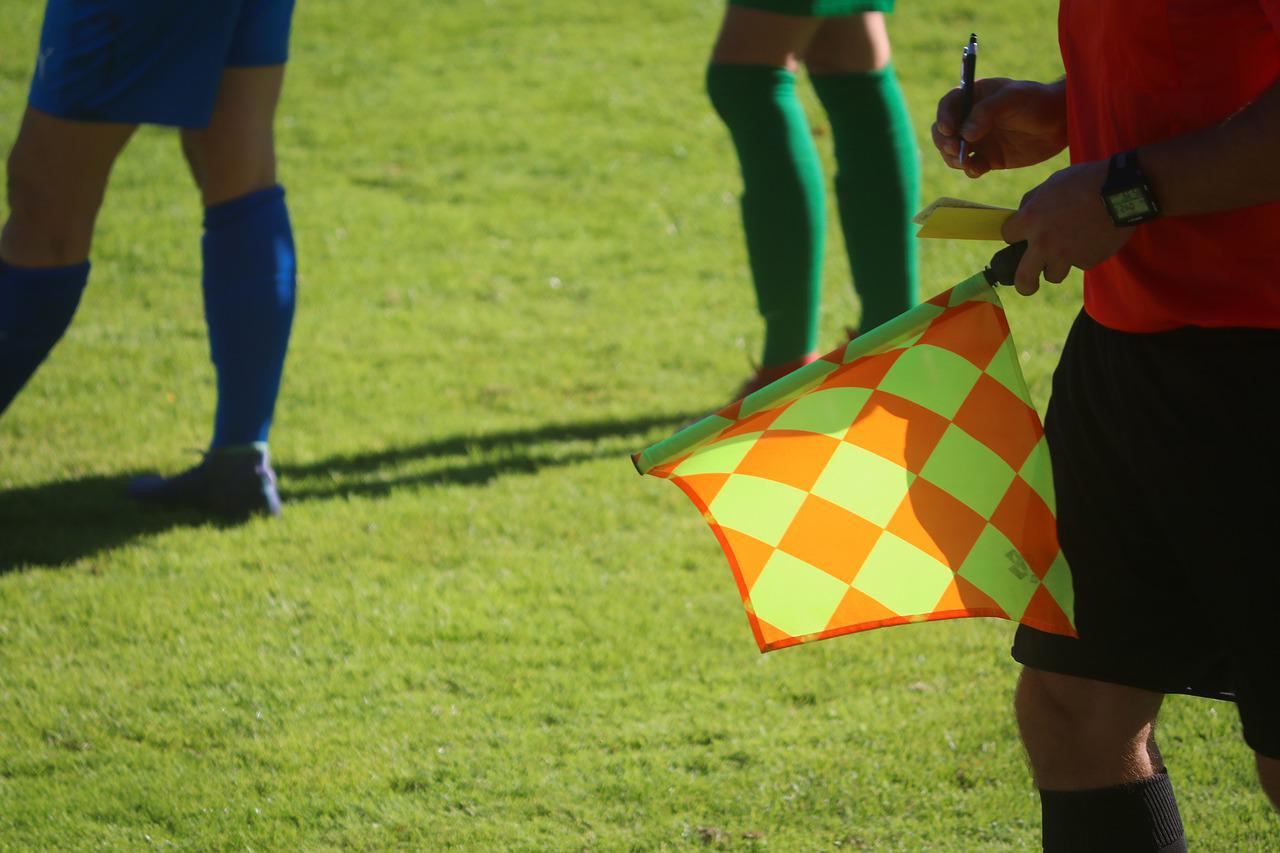Being a referee can be fun and exciting. You get to go on the field, make important decisions and sometimes get on TV! But it’s also a tough job that requires a lot of training, patience and self-discipline.
If you ever wondered how to become a referee, let us guide you through the process. Here are some steps you need to take in order to become qualified.
Contact your local federation

Your local soccer federation will have information on how to become a referee, including what type of officials are needed in your area and which rules or laws you’ll need to know.
If you’re new to refereeing, it’s important to get out there and train with experienced referees. The best way to do this is through a local club or school team. If there isn’t one in your area, consider starting your own, but calling your local federation will surely get you some connections and you’ll be off to a good start.
Take a FIFA fitness test
You’ll also need to make sure that you’re physically fit enough for the job and capable of dealing with any potential injuries. So start training as referees in game like soccer have to run the full 90 minutes. And with how fast paced the game has become nowadays, you will need good conditioning.
FIFA fitness tests are used to determine the fitness level of referees, players and coaches. The test consists of multiple sprints and walking intervals that are used as a recovery time. You have to make the time in each of the running courses. Both those that measure fast paced running and endurance.
If you’re not sure where to start, contact the FA Referees’ Association for more information about training courses for new referees.
Get certified

You can get certified to be an instructor or assessor through a certification course. If you are already a certified referee, attending the certification course will allow you to become an instructor or assessor. You must pass an exam and/or attend a course that will include both training and a test.
If you want to become a soccer referee, it’s important to learn the rules thoroughly. The FIFA Laws of the Game are easy enough to understand and can be read online or bought as a book. A good rulebook should explain not only what is allowed but also what isn’t. You can find out more about the official FIFA rules here.
The journey is long and difficult, but the sense of accomplishment that comes with getting certified will make it all worthwhile. It’s a great way to give back to the sport you love by helping keep players safe, and by keeping the integrity of the game intact. Just remember that there are many paths into refereeing: some find joy in working games at every level of competition while others enjoy small-sided amateur games more than they do professional matches.

